This Day in History is DUE’s daily dose of trivia for all the history buffs out there. So sit back and take a ride to all the fascinating things that happened today!
People are trapped in history and history is trapped in people, and hence, every day has been a significant one in the foibles of History. Let’s take a tour of “This Day in History – 7th of April”.
30 AD Scholars’ estimate for Jesus’ crucifixion by Roman troops in Jerusalem [or April 3]
The crucifixion of Jesus occurred in 1st-century Judea, most likely in either AD 30 or AD 33. Jesus’ crucifixion is described in the four canonical gospels, referred to in the New Testament epistles, attested to by other ancient sources. In addition, it is established as a historical event confirmed by non-Christian sources, although there is no consensus among historians on the exact details.
1348 Prague University, the first university in central Europe, formed by Charles IV

Charles University, Czech Universita Karlova, also called the University of Prague, state-controlled institution of higher learning in Prague, Czech Republic. The school was founded in 1348 by the Holy Roman Emperor Charles IV, from whom it takes its name. It was the first university in central Europe.
1795 France adopts the meter as the basic measure of length
On 7 April 1795, the metric system was formally defined in French law. It defined six new decimal units: The mètre, for length – defined as one ten-millionth of the distance between the North Pole and the Equator through Paris.
1827 English chemist John Walker invents wooden matches

The friction matches were invented by John Walker, an English chemist, and apothecary, whose ledger of April 7, 1827, records the first sale of such matches. Walker’s “Friction Lights” had tips coated with a potassium chloride–antimony sulfide paste, which ignited when scraped between a fold of sandpaper.
1890 Completion of the first Lake Biwa Canal, Japan

Construction work for the first canal (which went up to the confluence point between Ōtsu and the Kamo River) began in August 1885. Both main and branch canals covering a distance of 6.9 miles (11.2 km) were completed five years later in April 1890.
1891 Nebraska introduces 8-hour workday
The eight-hour day movement or 40-hour week movement, also known as the short-time movement, was a social movement to regulate the length of a working day, preventing excesses and abuses.
1895 The polar explorer Fridtjof Nansen reaches record 86°13.6′N latitude north, expedition closest to the North pole
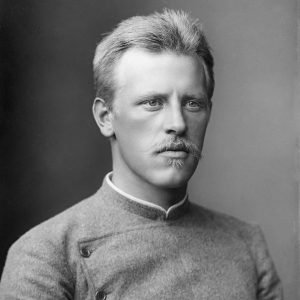
Nansen’s Fram expedition of 1893–1896 was an attempt by the Norwegian explorer Fridtjof Nansen to reach the geographical North Pole by harnessing the natural east-west current of the Arctic Ocean. In the face of much discouragement from other polar explorers, Nansen took his ship, Fram, to the New Siberian Islands in the eastern Arctic Ocean, froze her into the pack ice, and waited for the drift to carry her towards the pole.
1902 Texas Oil Company (Texaco) forms
It began as the Texas Fuel Company, founded in 1902 in Beaumont, Texas, by Joseph S. Cullinan, Thomas J. Donoghue, Walter Benona Sharp, and Arnold Schlaet upon the discovery of oil at Spindletop.
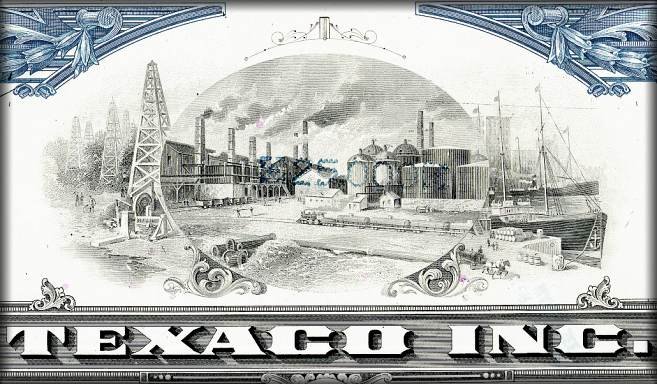
1919 1st parcel of land is purchased for Cleveland Metroparks
The first land purchased for Cleveland Metroparks — a 3.8 acre parcel purchased in April 1919 — can be seen from the Stinchcomb-Groth Memorial. Worth noting – the Rocky River itself is a top steelhead fishing location, noted as one of the 150 best fishing spots in the country.
1921 Sun Yat-sen serves as the provisional first president of the Republic of China
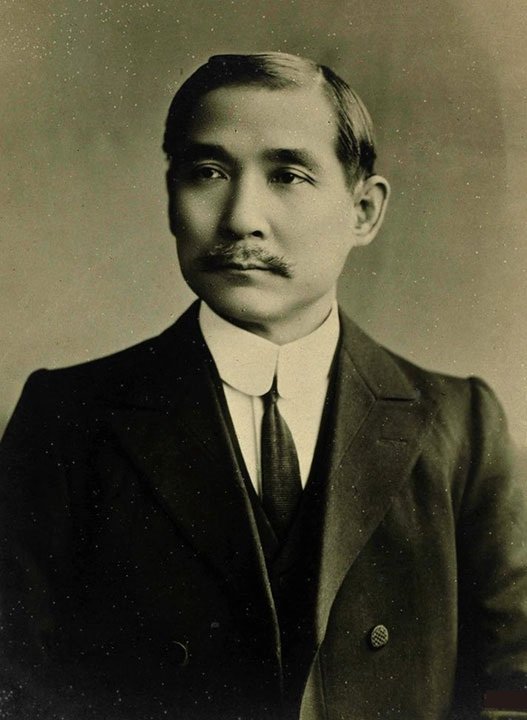
Revolutionary leader, Sun Yat-sen is elected President of China at Canton, though China remains divided into north and south and subject to rivalries of warlords.
1923 1st brain tumor operation performed
The first brain tumor operation under local anesthetic performed at the Beth Israel Hospital in New York City, USA by Dr K Winfield Ney.
1926 Mussolini is shot at 3 times by Violet Gibson in Rome, she only hits him once in the nose
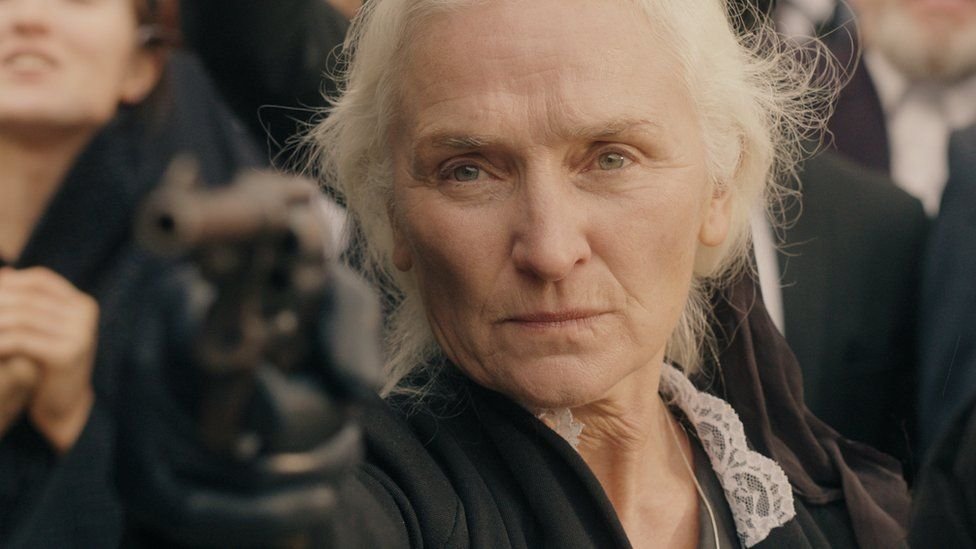
On 7 April 1926, an Irish woman stepped out from a crowd in Rome and fired a shot at one of the 20th century’s most infamous dictators. One bullet grazed the nose of Benito Mussolini, but the Italian leader survived the assassination attempt.
1933 1st 2 NAZI anti-Jewish laws, bars Jews from legal & public service
Anti-Jewish legislation in pre-war Nazi Germany comprised several laws that segregated the Jews from German society and restricted Jewish people’s political, legal and civil rights. Major legislative initiatives included a series of restrictive laws passed in 1933, the Nuremberg Laws of 1935, and a final wave of legislation preceding Germany’s entry into World War II.
1940 US Post Office issues first postage stamp of African American educator Booker T. Washington
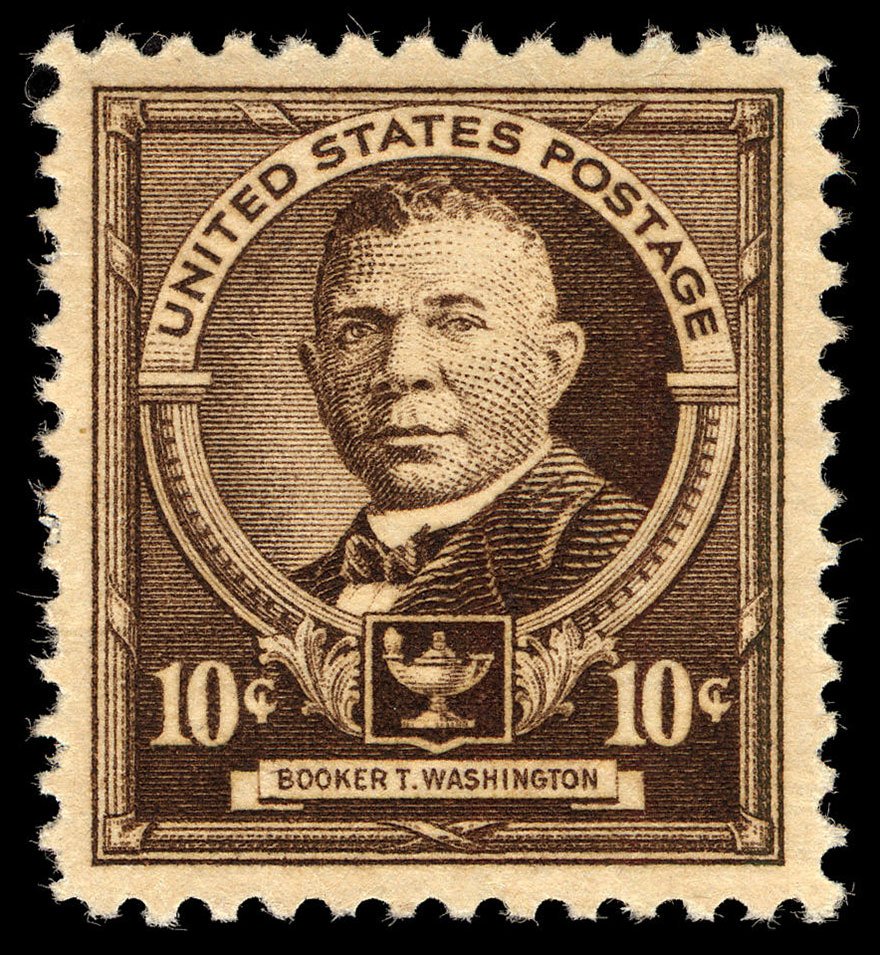
On April 7, 1940, the Post Office Department (POD) issued a stamp honoring African-American educator Booker T. Washington (1856-1915) as part of its Famous Americans Series. The nation’s first stamp to honor an African-American, it holds a unique place in American history.
1946 Syria’s independence from France is officially recognised
On April 7 1946, Syria’s independence from France was officially recognised. Syria and France had earlier negotiated a treaty of independence in September 1936, and Hashim al-Atassi was the first president to be elected under the first incarnation of the modern republic of Syria.
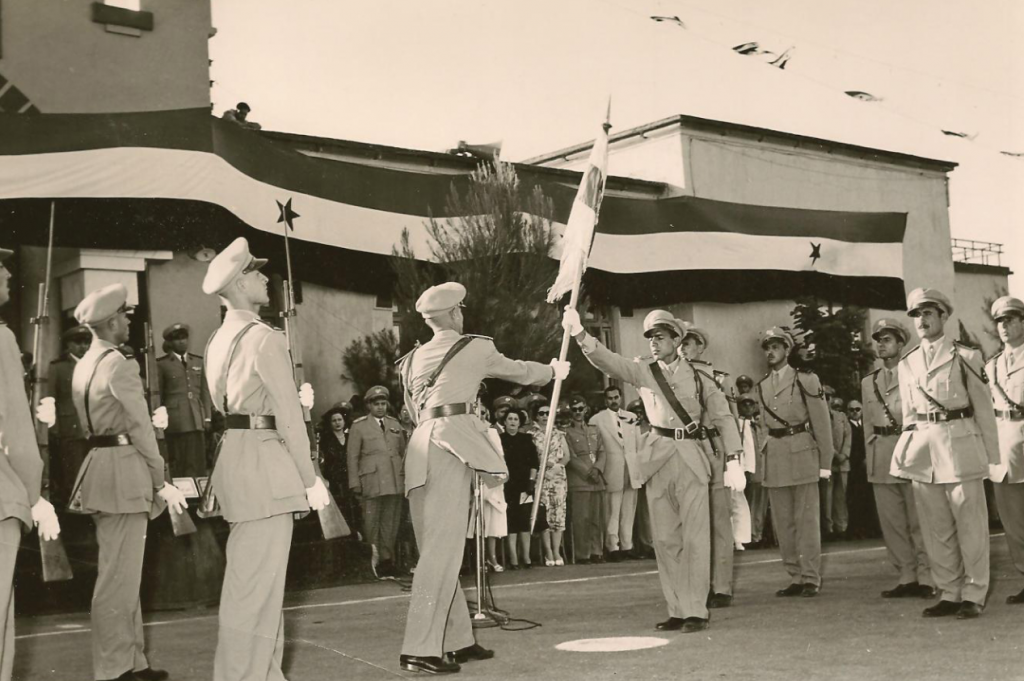
1948 World Health Organization borns
On this day in History, the World Health Organization was established in 1948 as a specialized agency of the United Nations serving as the directing and coordinating authority for international health matters and public health.
Read more here.
1953 UN General Assembly begins session that will elect Dag Hammarskjöld of Sweden as Secretary-General
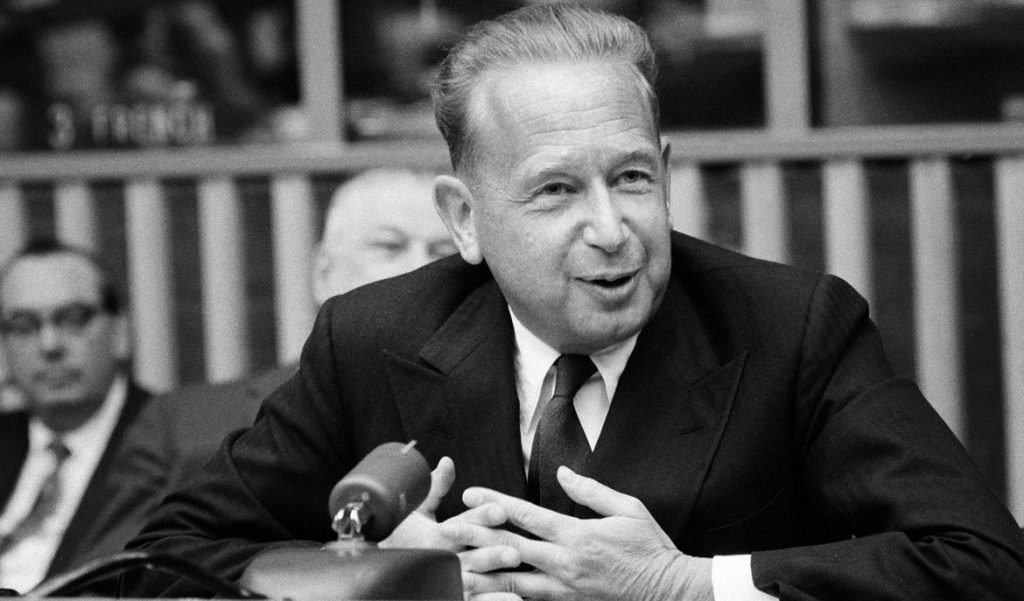
On 7 April 1953, the General Assembly voted by secret ballot, and adopted by 57 votes to 1, with 1 abstention, the recommendation of the Security Council to appoint Mr. Dag Hammarskjöld, as the second Secretary-General of the United Nations.
1954 US President Dwight D. Eisenhower in news conference is first to voice fear of a “domino-effect” of communism in Indo-China
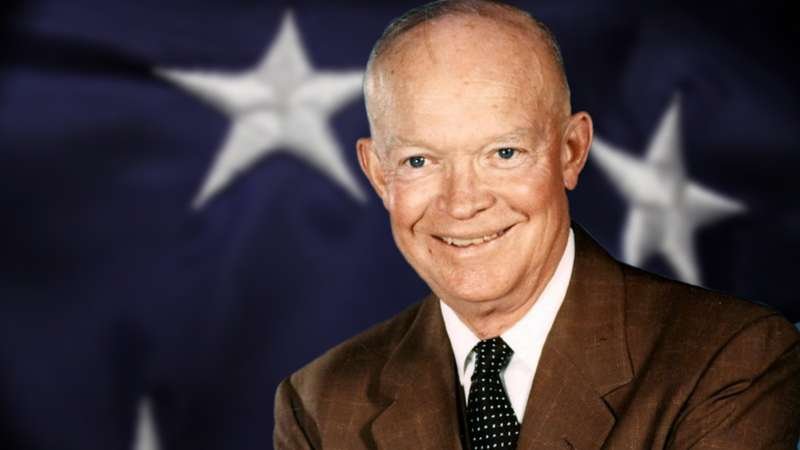
President Dwight D. Eisenhower coins one of the most famous Cold War phrases when he suggests the fall of French Indochina to the communists could create a “domino” effect in Southeast Asia. The so-called “domino theory” dominated the U.S. thinking about Vietnam for the next decade.
1959 Oklahoma ends prohibition, after 51 years
In 1959 the citizens of Oklahoma voted to end the prohibition against selling wholesale and retail packaged alcoholic beverages. Prohibition had been enacted with statehood in 1907. Repeal advocates pressed for a statewide election to end prohibition. The gubernatorial race of 1958 made liquor an issue.
1963 Yugoslavia proclaimed a Socialistic republic
The Yugoslav parliament approved a new constitution on April 7, 1963, and the country was renamed the Socialist Federal Republic of Yugoslavia. Some 200,000 individuals were killed in political violence between March 1945 and April 1963.
1978 US President Jimmy Carter defers production of the neutron bomb
The neutron bomb, also called enhanced radiation warhead, a specialized type of nuclear weapon that would produce minimal blast and heat but would release large amounts of lethal radiation. In 1978, President Jimmy Carter — embroiled in a controversy that was straining the Western alliance and creating sharp divisions within his administration — decided to defer production of the weapon.
1994 Beginning of the Rwandan Genocide
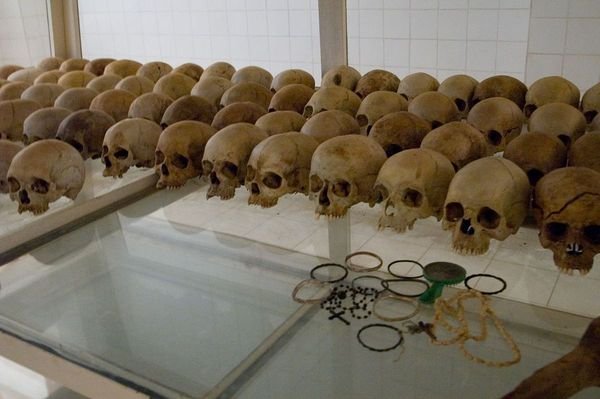
On this day in History, the Rwandan Genocide began with the Presidential Guard killing moderate politicians and public figures in Kigali, including Prime Minister Agathe Uwilingiyimana.
2001 Mars Odyssey is launched
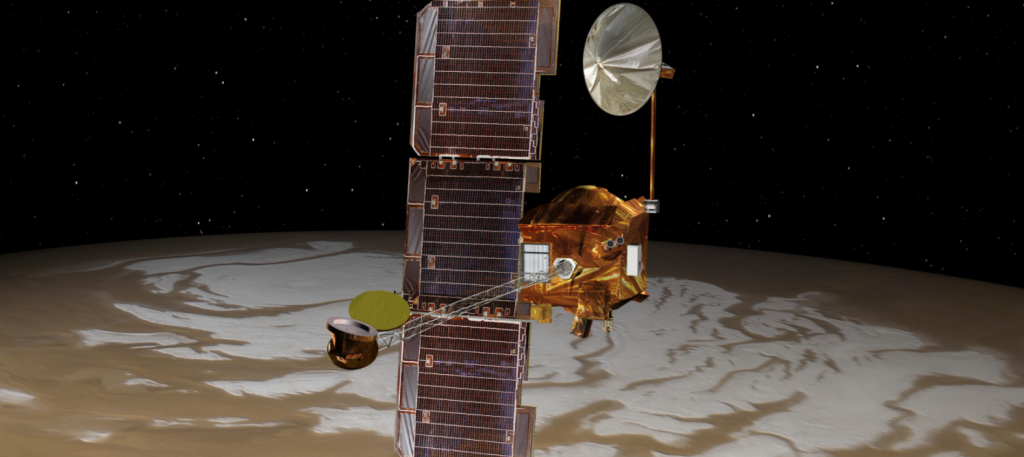
The 2001 Mars Odyssey mission is NASA’s longest-lasting spacecraft at Mars. The spacecraft launched on April 7, 2001, and arrived at Mars on October 24, 2001, 0230 Universal Time (October 23, 7:30 pm PDT/10:30 EDT).
2017 US President Donald Trump orders missile strike on a Syrian airfield after chemical weapons attack on Khan Sheikhoun
He said the US missile attack was in the nation’s “vital national security interest”, arguing that the United States must “prevent and deter the spread and use of deadly chemical weapons”. He said there was “no dispute that Syria used banned chemical weapons” in Tuesday’s attack on the town of Khan Sheikhoun.
For further updates, follow the “This Day in History” section.
